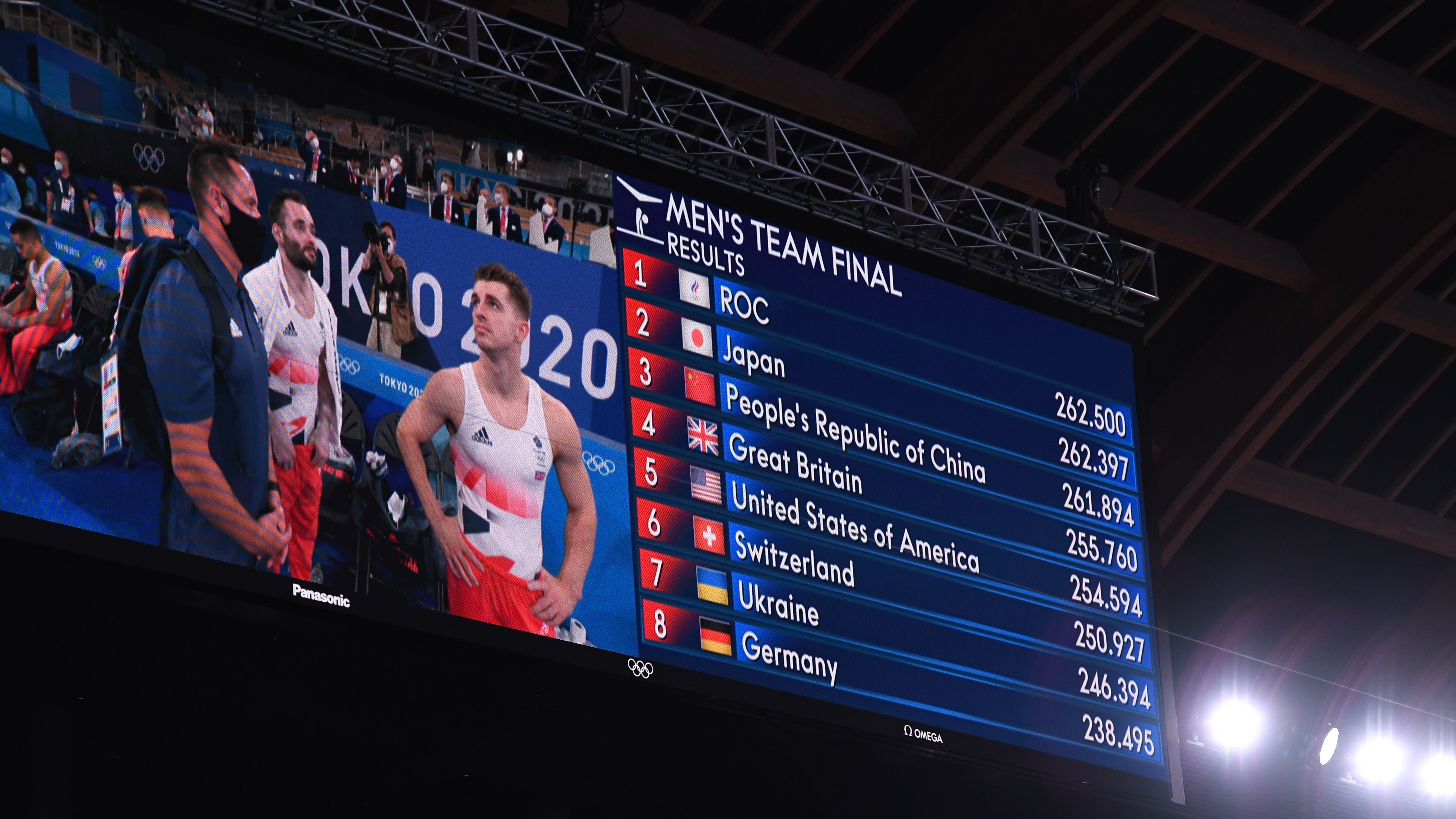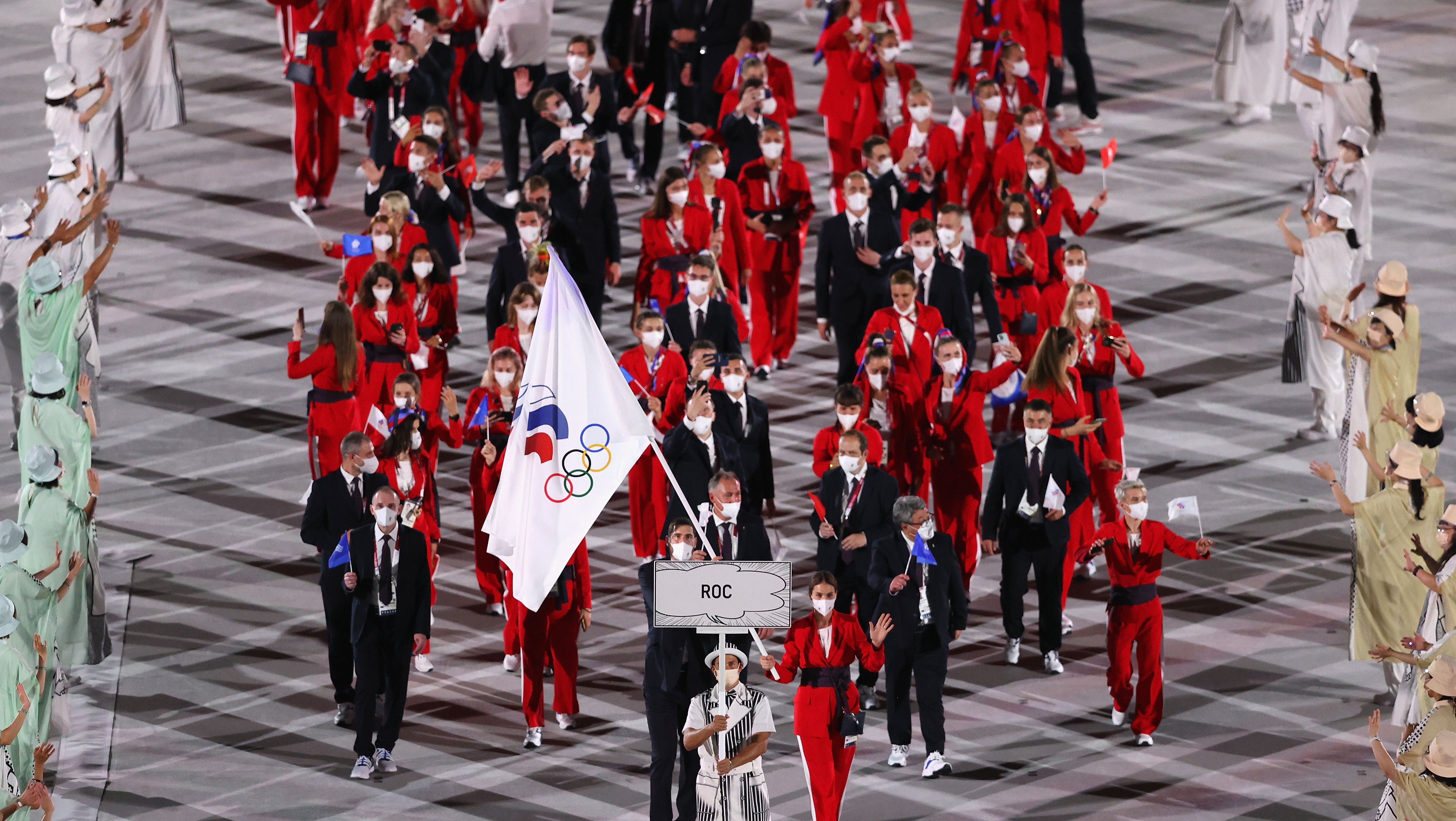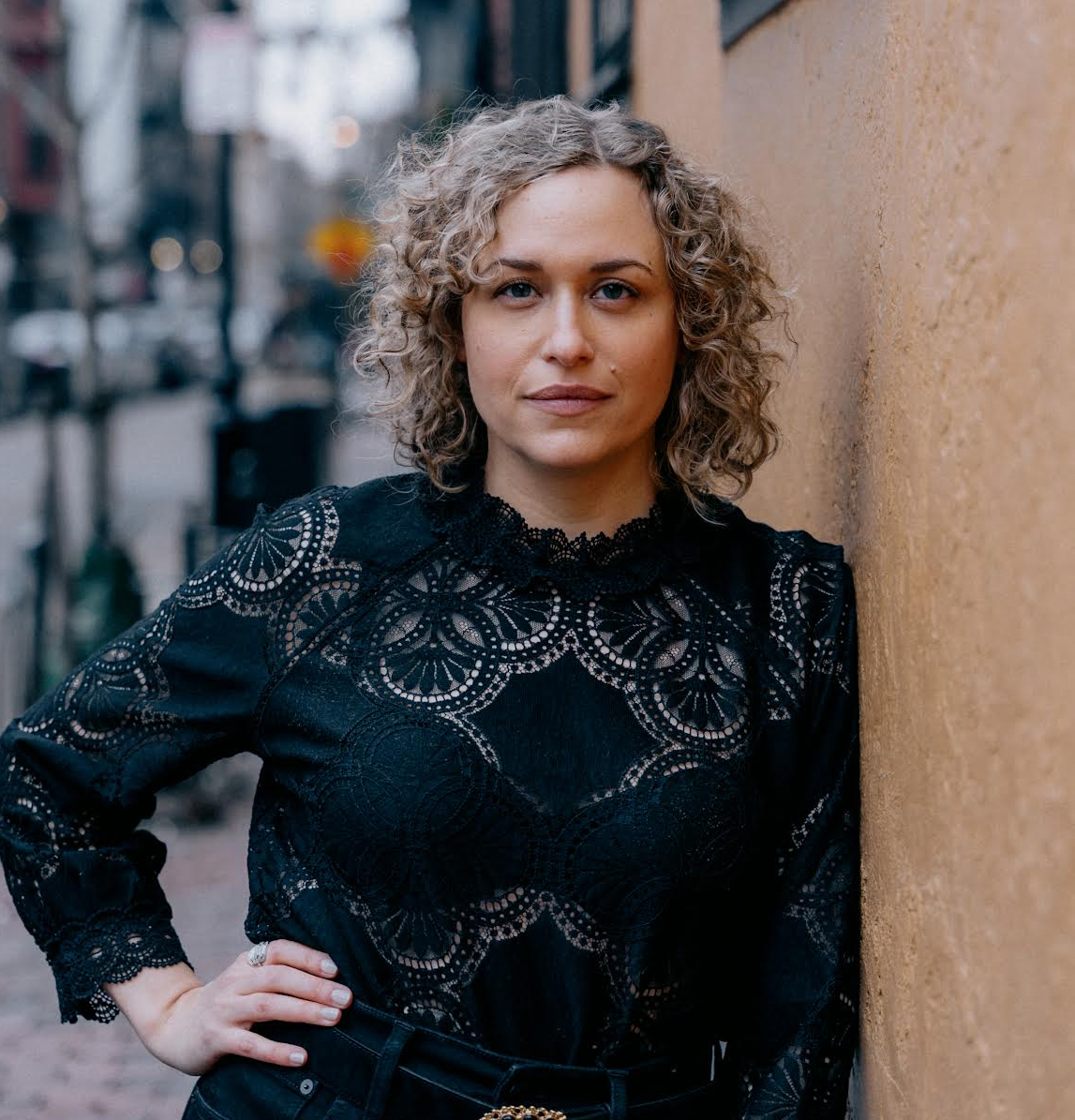What Does "ROC" Mean at the Tokyo Olympics?
It's a temporary workaround in the aftermath of Russia's massive doping scandal.


Eagle-eyed fans of the Tokyo Olympics will have noticed that Russian athletes are competing under "ROC" rather than "Russia" during this Games. ROC stands for the Russian Olympic Committee, and hundreds of "ROC" athletes are competing under the Olympic rings flag instead of Russia's—it's a workaround measure so that they can compete despite an international doping scandal that rocked the sports world in 2019. The fact that the Russian athletes are there at all has been a source of controversy for the Games and other athletes. Not helping matters is that the ROC is currently ranked high on the country leaderboard at the Olympics, despite not being an actual country. So what do we know?
Why is Russia banned from the Olympics?
In 2019, the World Anti-Doping Agency (WADA) banned Russia from all international sports competitions for four years after a doping scandal. WADA said there was conclusive proof that Russia had tampered with drug test data that showed state-sponsored doping for over 1,000 athletes spanning years. The time period spanned two Olympic Games—London and Sochi—and included a variety of unethical actions, like athletes systematically swapping out tainted urine samples, sometimes using "a hole in the wall ... at the Sochi Olympics."
As a result, Russia was subject to a variety of punishments. In addition to being stripped of several former medals and banned from the 2018 Winter Games by the International Olympic Committee and some the participants given a lifetime ban by the International Association of Athletics Federations, WADA ruled that Russia would not be able to use its flag, name, anthem, or officials in competitions for four years. The ruling was the most severe penalty handed down to date.
The Court of Arbitration cut the four year penalty to two years, but “the Panel has clearly upheld our findings that the Russian authorities brazenly and illegally manipulated the Moscow Laboratory data in an effort to cover up an institutionalized doping scheme,” World Anti-Doping Agency President Witold Bańka said. “In the face of continual resistance and denial from Russia, we clearly proved our case, in accordance with due process.”
The ban lifts in December 2022, meaning if you tune in to another international sporting competition until then, you'll still see the ROC—including at the 2022 Beijing Olympics.
Why are Russian athletes competing as the ROC?
The ROC designation means that athletes are competing as "neutrals." The 335 Russian athletes competing were apparently able to prove that they had nothing to do with the doping scandal, but they're still not technically competing for their country. They are still wearing the Russian red, white, and blue.

At the time of the 2019 ruling, sources explained that this might lead to some athletes who might have been complicit in the scandal to compete anyways. “The view of many is that it’s largely superficial,” said Canadian Olympian Beckie Scott to the New York Times. “It’s particularly disappointing in light of that fact that WADA had the authority and power to impose a much stronger and serious sanction and they chose not to.” But others believed that it represented a strong rebuke to the country of Russia.
Get exclusive access to fashion and beauty trends, hot-off-the-press celebrity news, and more.
Reuters reported that the Russian athletes were among the "most tested" in the run-up to the Tokyo Games. Two members of the Russian men’s quadruple sculls (rowing) tested positive for a banned substance, but since it was out-of-competition testing in June, Russia wasn't disqualified entirely (they later pulled out because their substituted rowers weren't qualified for the Olympics).
Russian propaganda has utilized "ROC" to engender pro-Russian support nationally: Russian officials have added a "k" to make “ROCK.” Match TV, the state-run sports channel, was responsible for starting a social media campaign with #WeWillROCYou. There have been controversial videos made to denigrate the U.S. and the press.
How has this impacted the Tokyo Olympics so far?
ROC athletes have performed well: As of this writing they've won 52 medals and are in third place for overall medal count. When asked about doping among Russian athletes, some Olympic swimmers said they still feel that it's going on. U.S. rower Megan Kalmoe tweeted that the Russian team, which took home silver, "shouldn't even be here and that their win gave her a "nasty feeling."
Seeing a crew who shouldn’t even be here walk away with a silver is a nasty feeling. Really disappointing overall and I feel for the other athletes in the A Final. Big love to all my friends and frenemies who gave it everything out there.July 29, 2021
She later elaborated that "there are a lot of women here that I think were very qualified to win one of those medals, and them not having that opportunity because that boat was here was very problematic for me as a competitor."
American Ryan Murphy, who won silver after Evgeny Rylov won gold in the 200-meter backstroke, didn't mince words. "It is a huge mental drain on me … that I'm swimming in a race that's probably not clean ... I don't have the bandwidth to train for the Olympics at a very high level and try to lobby the people who are making the decisions that they're making the wrong decisions." Bronze medalist Luke Greenback from Great Britain put it even more bluntly: "It's frustrating knowing there's a state-sponsored doping program going on and not more being done to tackle that."
In response, the Russian Olympic Committee had...this to say:
“How unnerving our victories are for some of our colleagues. Yes, we are here at the Olympics. Whether someone likes it or not. The old barrel organ started the song about Russian doping again. English-language propaganda, oozing with verbal sweat in the Tokyo heat. Through the mouths of athletes offended by defeats. We will not console you. Forgive us those who are weaker. God is their judge. And for us—an assistant.”
So, that's interesting. Rylov himself had a more earnest response, saying in a press conference that "From the bottom of my heart, I am for clean sport … Ryan didn't accuse me of anything, so I'd rather not comment."

Katherine’s a contributing syndications editor at Marie Claire who covers fashion, culture, and lifestyle. In her role, she writes stories that are syndicated by MSN and other outlets. She’s been a full-time freelancer for over a decade and has had roles with Cosmopolitan (where she covered lifestyle, culture, and fashion SEO content) and Bustle (where she was their movies and culture writer). She has bylines in New York Times, Parents, InStyle, Refinery29, and elsewhere. Her work has also been syndicated by ELLE, Harper’s Bazaar, Seventeen, Good Housekeeping, and Women’s Health, among others. In addition to her stories reaching millions of readers, content she's written and edited has qualified for a Bell Ringer Award and received a Communicator Award.
Katherine has a BA in English and art history from the University of Notre Dame and an MA in art business from the Sotheby's Institute of Art (with a focus on marketing/communications). She covers a wide breadth of topics: she's written about how to find the very best petite jeans, how sustainable travel has found its footing on Instagram, and what it's like to be a professional advice-giver in the modern world. Her personal essays have run the gamut from learning to dress as a queer woman to navigating food allergies as a mom. She also has deep knowledge of SEO/EATT, affiliate revenue, commerce, and social media; she regularly edits the work of other writers. She speaks at writing-related events and podcasts about freelancing and journalism, mentors students and other new writers, and consults on coursework. Currently, Katherine lives in Boston with her husband and two kids, and you can follow her on Instagram. If you're wondering about her last name, it’s “I go to dinner,” not “Her huge ego,” but she responds to both.